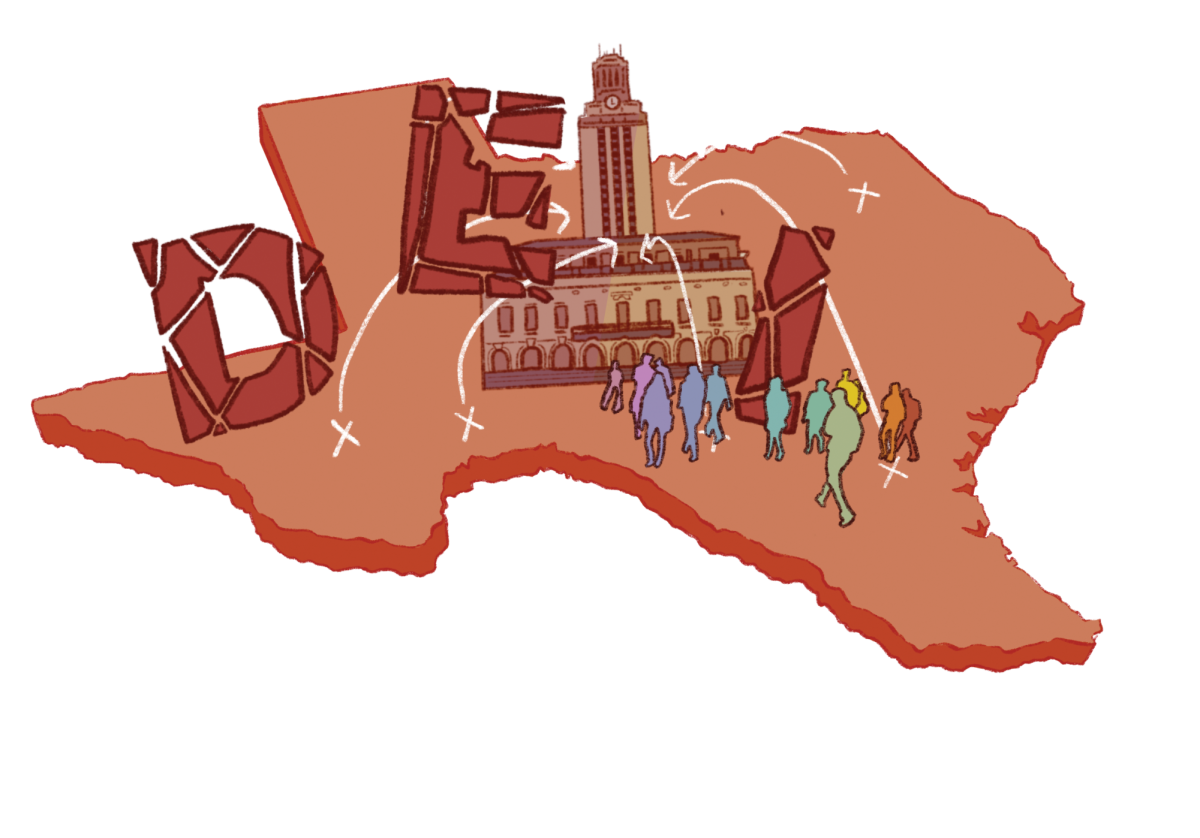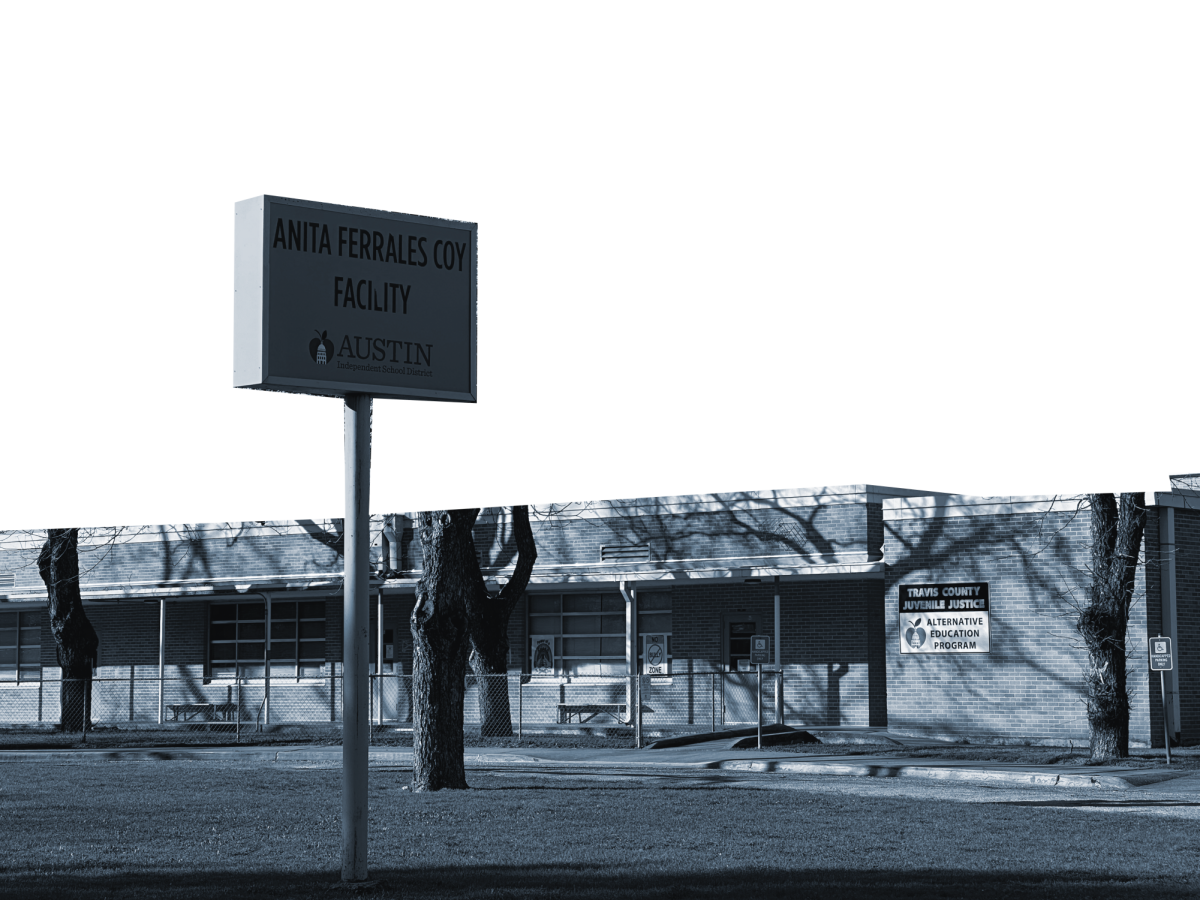On June 27th, 2023, in response to long hours, and staff issues, all of the nurses at Ascension Seton Hospital went on strike. The strike lasted for just one day but halted Ascension’s operations, requiring the hospital to call travel nurse agencies, agencies that employ nurses across the U.S., to work for the day.
Registered nurse Taylor Crittendon was one of the many nurses who went on strike. According to Crittendon, management was not listening to nurses’ concerns and complaints, which led to the decision to strike.
“We gave the hospital a twelve-day notice that was basically saying, ‘we feel like they aren’t listening to our concerns still about patient safety and we felt like we needed to escalate things to a strike’,” Crittendon said. “At any of those times… the hospital had the opportunity to come back to talk to us and say ‘let’s work on these issues, that we’ll do better, and we’ll try to make things better for you guys,’ but they didn’t do that. They had the time to find replacements and temporary staff to come and take care of the patients while we were on strike.”
Alicia Murphey is the school nurse at LASA. Murphey used to work at a hospital and has experienced many of the same staffing issues that nurses at Ascension Seton are currently facing.
“There would be nights where I would have 10 post-op [post-operation] patients that just came out of surgery,” Murphey said. “It’s impossible to take care of that many patients that are coming out of surgery with just one person.”
Understaffing and retention issues led nurses led the Seton nurses to unionize. Nurses claimed they were working longer hours with more patients assigned to them, lowering the standard of care for each patient. According to Crittendon, the nurses fought against the hospital’s lack of care for patient health.
“72% of the nurses at the hospital voted yes to unionize,” Crittendon said. “That was a big first step, because while we do know that we have the right to collective action, we wanted to make sure that a strong majority of nurses were supportive of unionizing and supportive of fighting for safer patient care together.”
There would be nights where I would have 10 post-op [post-operation] patients that just came out of surgery. It’s impossible to take care of that many patients that are coming out of surgery with just one person.
— Alicia Murphey
LASA freshman Anishika Basu agrees with the nurses decision to strike. She thinks that nurses had unreasonable expectations placed on them by managment, such as having an overwhelming number of additional patients to assist.
“I believe the nurses did the right thing by unionizing,” Basu said. “Nurses operate and accommodate patients in unreasonable conditions and are assigned more patients than manageable, causing inefficiency of accommodation and burnout of nurses.”
Crittendon also felt like there was a lower quality of care towards patients due to the sheer amount of patients each nurse had to take care of. According to Crittendon, these issues were caused by the hospital being understaffed.
“So, mainly, it’s the staffing that is an issue,” Crittendon said. “And that goes from staffing, the right amount of nurses and staffing the right amount of nurse’s aides, and they help us to turn patients and clean them up. And we’re very understaffed on nurses aides. I think our physical therapy team is understaffed. Pretty much everybody who is trying to help is understaffed.”
According to Crindetton, the Seton nurses are still in negotiations with Ascension Seton, but it is proving difficult because they are attempting to work with management and lawyers who don’t know the realities of working in a hospital. As someone who has had a very hands-on experience with both working a job and fighting for what workers deserve, Crindetton believes it is vital for the youth to learn about striking and the actions of unions before entering the workforce.
“I hope you guys [students] become more curious about this,” Crindetton said. “I think that there’s a lot of younger people who are very interested in unionizing, and in what unions do, and I think it’s really good to learn about them at your age before entering the working force, the labor force. So I hope you stay curious about it.”






